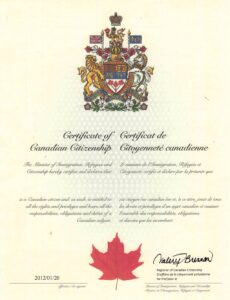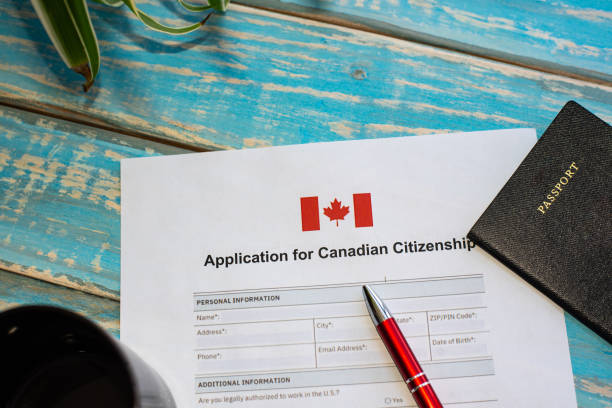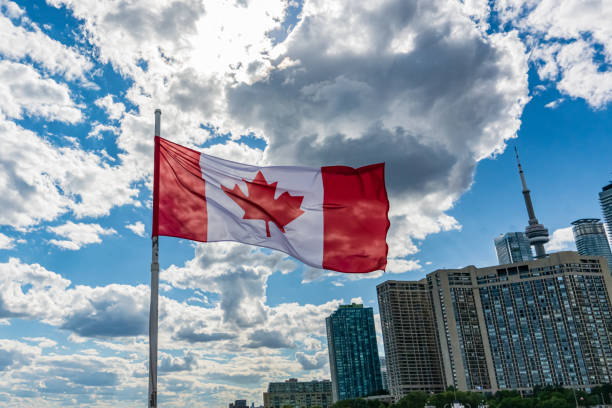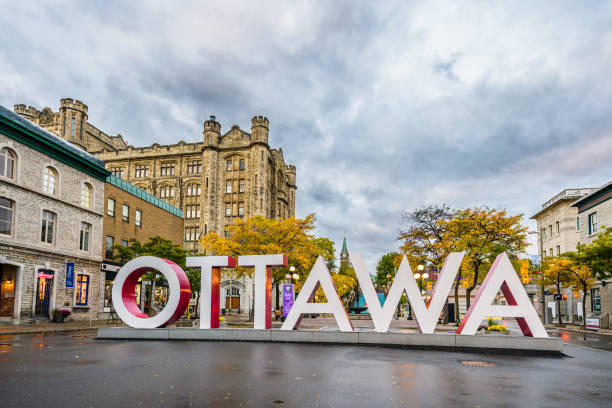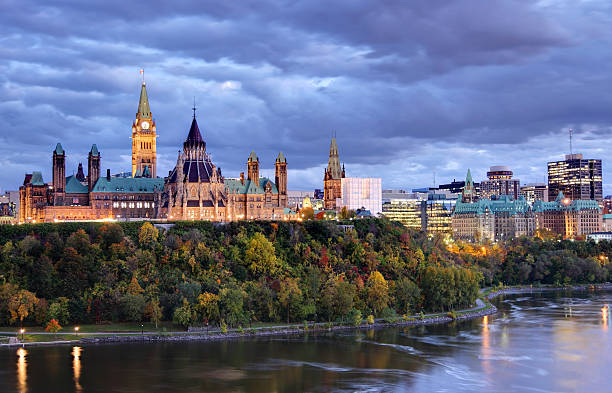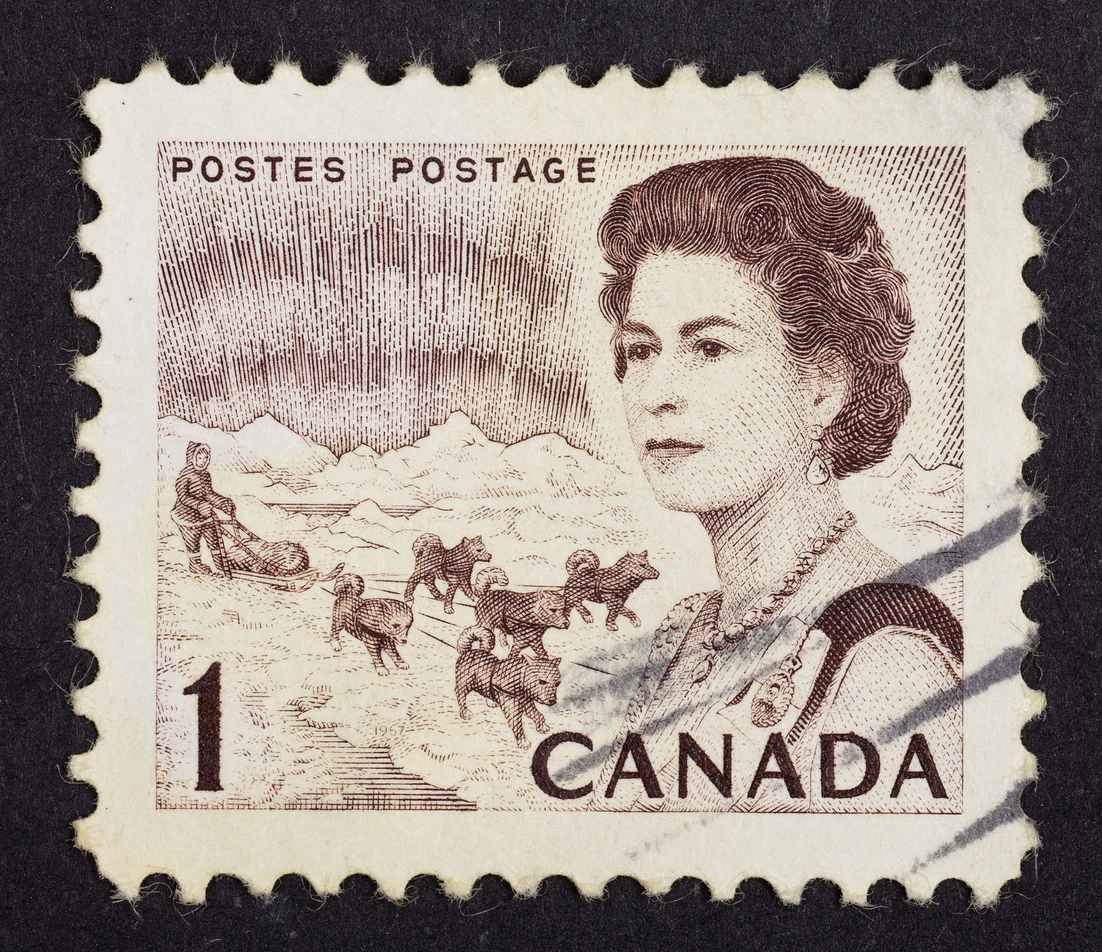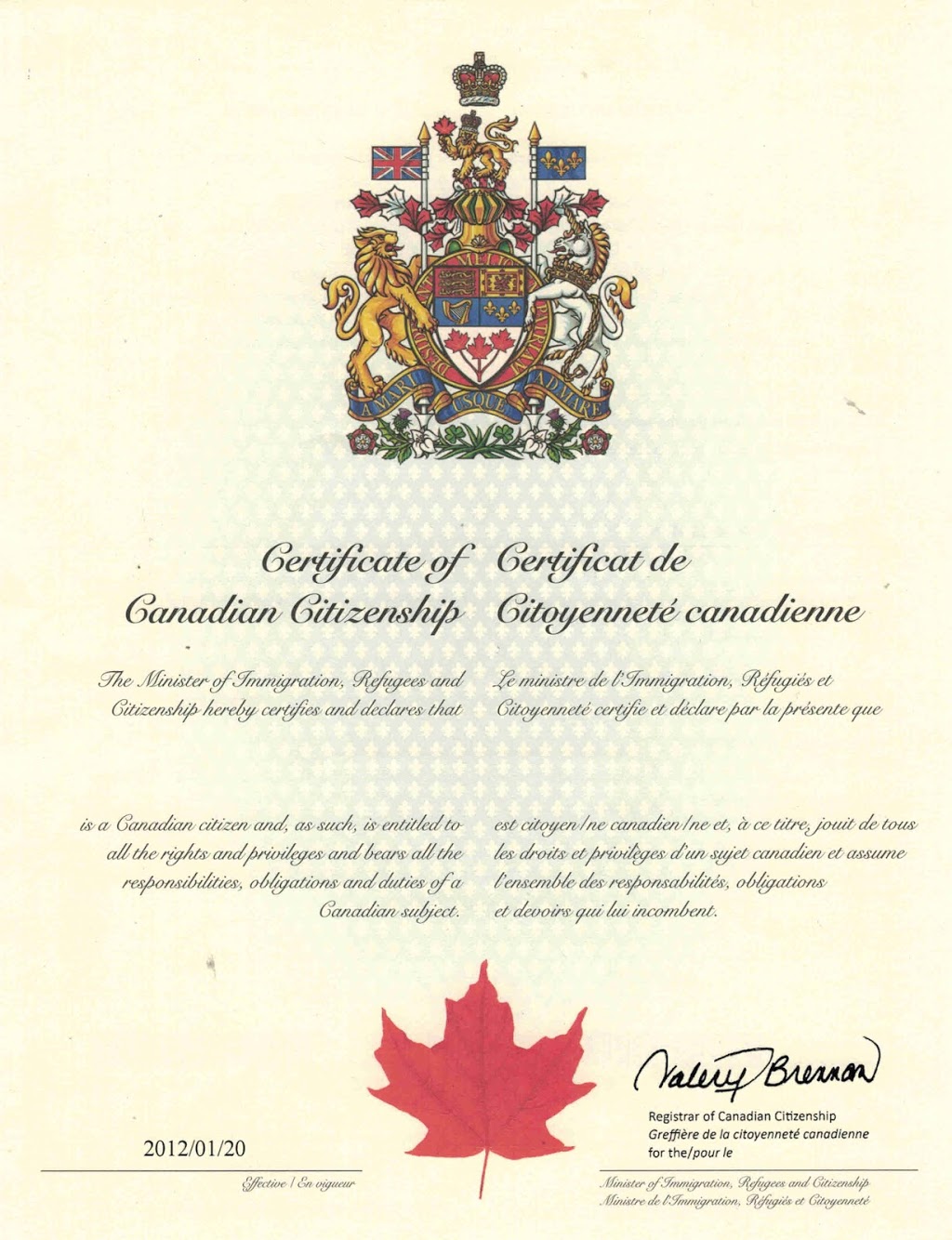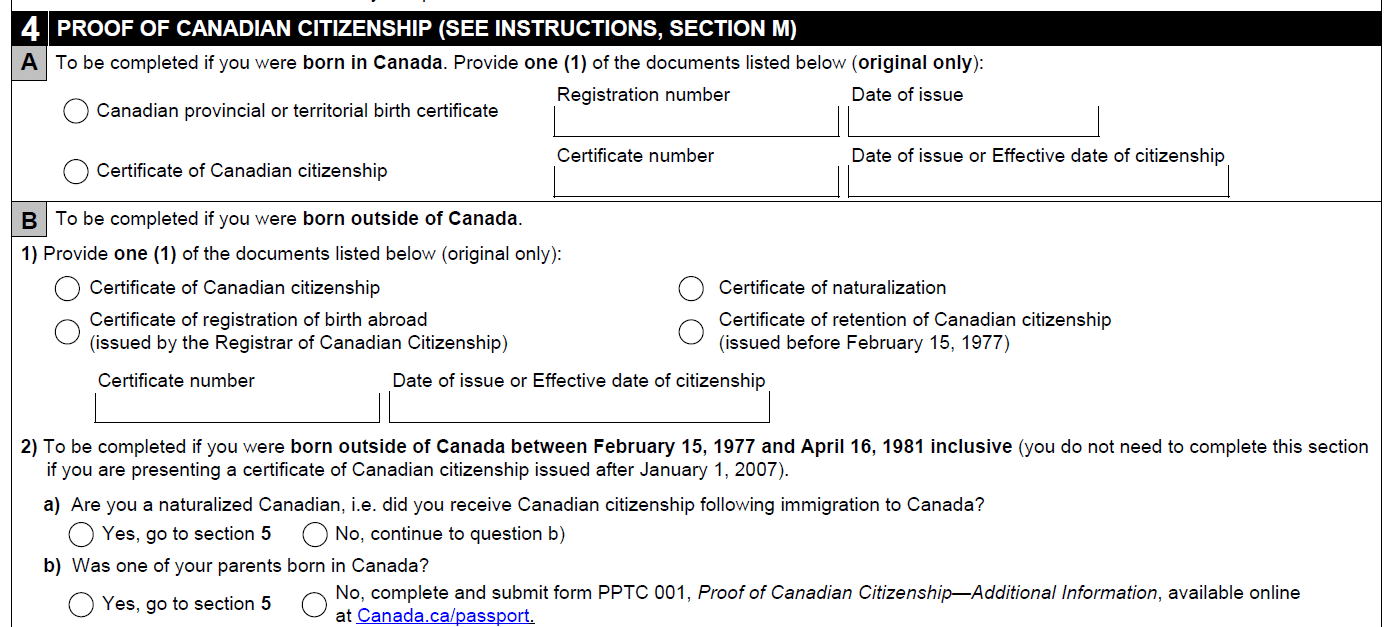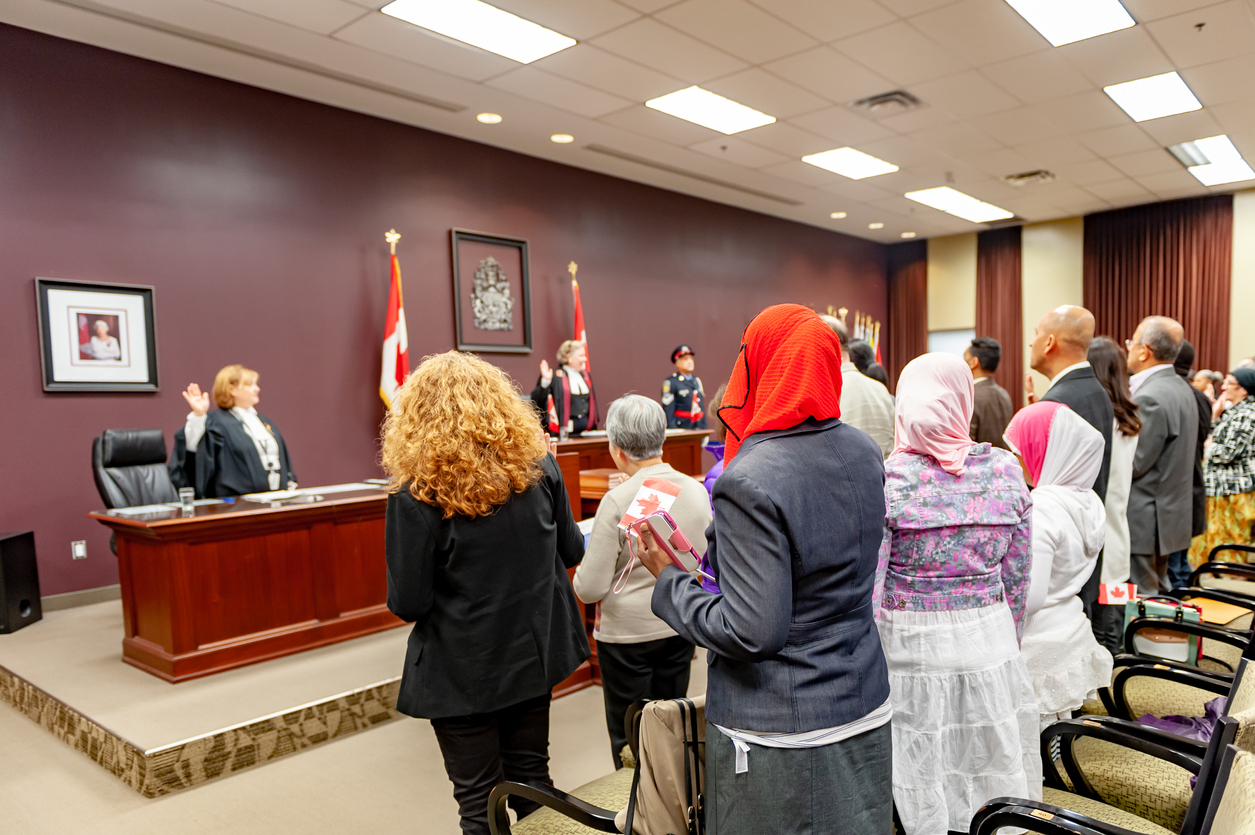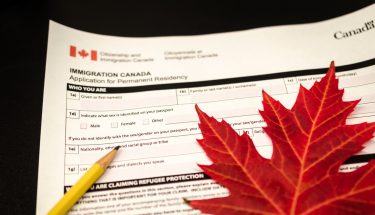
First Generation Limit on Canadian Citizenship Remains in Force…For Now
Very recently, the Canadian government determined that it would not appeal a December 2023 court decision overturning the First Generation Limit on inheriting Canadian citizenship in place since 2009. Currently, Immigration, Refugees, and Citizenship Canada is making the necessary changes to Canadian citizenship law in 2024 to allow the grandchildren of Canadians to inherit citizenship.
However, until the changes are officially implemented, the First Generation Limit on inheriting Canadian citizenship for individuals born outside Canada will continue to be in force.
If you are the grandchild of a person who was born or naturalized in Canada, contact us now to prepare your application for when the rule change comes into effect.
2024 Changes to Canadian Citizenship: Overcoming the First Generation Limit
Despite the First Generation Limit still being in force, applicants have already begun submitting citizenship applications to IRCC even though they are not yet eligible to do so.
Case 1: An applicant submits a Proof of Canadian Citizenship application requesting urgent processing, but they are subject to the First Generation Limit;
Case 2: A citizenship proof application was already submitted to IRCC, and the applicant is subject to the FGL. The applicant has now requested urgent processing due to the court decision overturning FGL.
In either case, the IRCC will examine the urgent processing request and confirm the eligibility of the applicant.
If the Applicant is Eligible for Urgent Processing for Proof of Canadian Citizenship
In either scenario, if the applicant qualifies for expedited processing, IRCC will notify them by written response that the FGL is still in effect, and that they will need to wait for the new procedures to come into force before their citizenship application can be processed. However, they can apply for the grant of Canadian citizenship under section 5(4) of the Citizenship Act, which states,
Special cases
(4) Despite any other provision of this Act, the Minister may, in his or her discretion, grant citizenship to any person to alleviate cases of statelessness or of special and unusual hardship or to reward services of an exceptional value to Canada.
The grant of Canadian citizenship, in this case, would be at the minister’s discretion.
Contact us if you believe that you may be in a circumstance that the minister would use his discretion to grant Canadian citizenship to alleviate hardship or statelessness.
If the Applicant is not Eligible for Urgent Citizenship Processing
The Canadian citizenship certificate application will continue to be processed normally, and Case Processing Center-Sydney (CPC-S) will notify the applicant.
Qualifications and Exclusions from the First-Generation Cap
The FGL has restricted Canadian citizenship by descent to the first generation as of April 17, 2009. This implies that those who were born outside of Canada to parents who were born in another country or who received citizenship under particular circumstances might not be eligible for Canadian citizenship by default.
FGL exclusions:
- At the time of the child’s birth or adoption, the Canadian parent was working overseas on behalf of the Canadian government as a Crown servant
- If the parents were adopted or born whilst the Canadian grandparent was working as a Crown servant overseas.
Family Sponsorship as a Permanent Resident
If a person who was born outside Canada has a Canadian parent, but is not eligible to inherit Canadian citizenship, it may be possible for their parent to sponsor them under the Family Class as outlined in the Immigration and Refugee Protection Act. Once eligible, applications may be made for a minor grant of citizenship under subsection 5(2) or a regular grant of citizenship under subsection 5(1). Under the Citizenship Act’s subsection 5(5), stateless people may also petition IRCC to be granted citizenship.
Requests for Immediate Processing
Applications for citizenship evidence can be processed quickly under certain circumstances. To ask for expedited processing, applicant should follow the next steps:
- For a NEW application: put “Urgent – Proof of Citizenship” in bold characters on the envelope; send a letter outlining the urgency as well; and provide corroborating documentation.
- For an application already SUBMITTED to IRCC: use the online form or the Client Support Center to get in touch with IRCC (Canada only); to the Sydney Case Processing Center, send a letter; give your full name, phone number(s), birthdate, reason for the urgent request, and any necessary supporting documentation.
How to Contact IRCC for Canadian Citizenship Applications
I. For Applicants Within Canada or the United States:
- Contact IRCC Using the Web Form
- Call the Client Support Centre (Canada only)
- Send a Letter to Case Processing Centre – Sydney
- Include an explanation for urgent processing.
- Provide supporting documents.
- Ensure the explanation includes:
- Full name
- Telephone number(s)
- Date of birth
II. For Applicants Outside Canada or the United States:
- Contact IRCC Using the Web Form
- Reach Out to the Canadian Embassy, High Commission, or Consulate where the application was submitted.
III. For Online Applicants:
- Contact IRCC Using the Web Form
- Include an explanation for urgent processing.
- Provide supporting documents.
IRCC will respond in writing to all urgent processing requests. If eligible, applicants will receive a notice that the FGL is still applicable and instructions to apply for a discretionary grant of citizenship. If not eligible, applicants will be informed that their application will proceed under regular processing.
 Author:
Author: